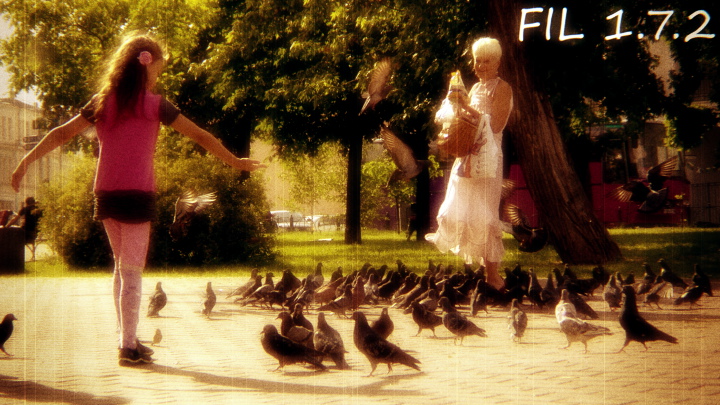Main menu
You are here
FIL 1.7.2
August 11, 2010 - 00:04 — spoilt_exile
| Attachment | Size |
|---|---|
| 59.94 KB | |
| 4.09 MB | |
| 61.7 KB | |
| 4.11 MB | |
| 127.42 KB |

FIL (Film Imitation Lab) is a powerful script for old photo simulation. FIL has a modular architecture and can use binary extension (plugins).
Current version: v1.7.2 (June 14th 2013).
Features:
- Old color simulation by using prepaered color processes
- Film grain
- Vignette simulation
- Defect lenses simulation
- Option indication
- Batch script execution
- Binary extensions (plugins) integration support.
Changes in FIL v1.7.2:
- New color process "SOV2".
- Pre-process for monocle soft-focus imitation.
- GIMP 2.8 native version.
Documentation available! Enjoy!
Also there is available FIL development documentation with detail description of FIL core.
FIL is still supporting.
P.S. Some FIL process bases on:
- Lomo Script by Elsamuko
- Vintage Look script by mm1
- Photochrom script by Elsamuko
- Highpass Sharpening script by drschwalbenmann
Thank them a lot.
Code License:
Scripting Engine:
- Log in to post comments

Comments
Help!I can't find it?
I just download the script and where can i find it in gimp?
FIL 1.7.2 fixes
I've fixed error in SOV: user colors profile and update translation. Thanks to Diego Nassetti for bugreport.
FIL 1.7.2
New version of FIL has been released!
Some new features included and of course complete GIMP 2.8 port.
Settings used in image above
Hi. Which settings did you use in the image above? Thanks
I used "Photochrom: bleach"
I used "Photochrom: bleach" as color profile and "Sulfide: scratches" as grain profile.
FIL 1.7.1
New verstion of FIL has been released!
Now it compatible with GIMP 2.7.
FIL 1.7.0
New verstion of FIL has been released!
Now with undo support and some other features.
No Undo?
I realize simply turning off or deleting the layer is sufficient to remove the effect, but is there a specific reason there is no undo for this script? Just curious.
Undo is too expensive
GIMP consume too much memory when undo stack is activated. For this reeason undo support in FIL is disabled. Of course undo is needed, I'm workinbg with it.
Work in a separate image.
One general approach that should work is to duplicate your image*, disable UNDO in the duplicate, and perform all of your operations. When you are done, copy any new or modified layers back to the original (appropriately handling the layers' offsets), delete original versions of the modified layers, and remove the duplicate image. With this approach, the only information pushed onto the UNDO history is the contents of the layers that have been created or changed.
* If your script operates on a single layer, it would be better (though slightly more complicated) to copy that layer to a new image. This way you can avoid having unnecessary duplicates of the other layers consuming memory.
An example of a Script-fu using this technique can be found here:
http://flashingtwelve.brickfilms.com/GIMP/Scripts/sg-mean-fill.scm
Pages